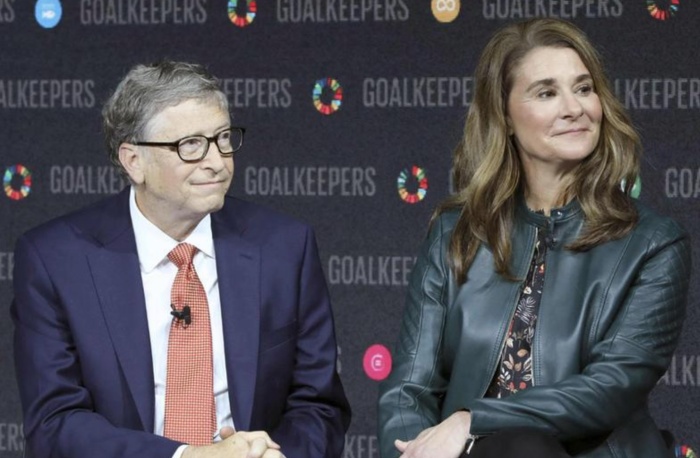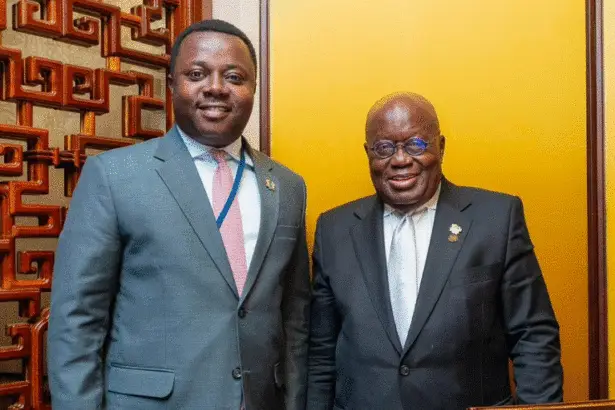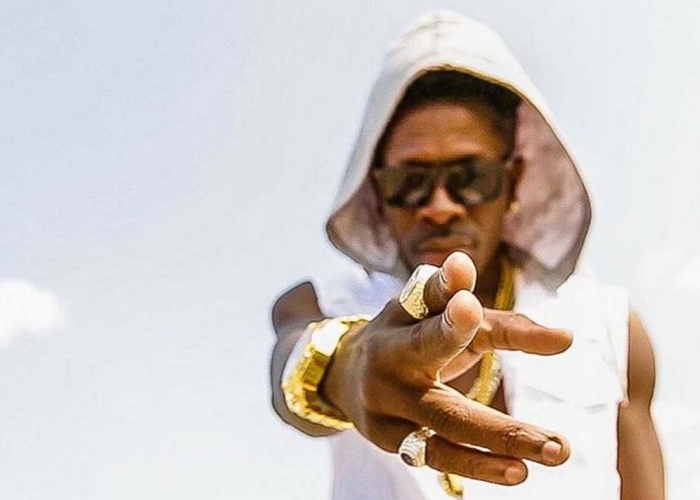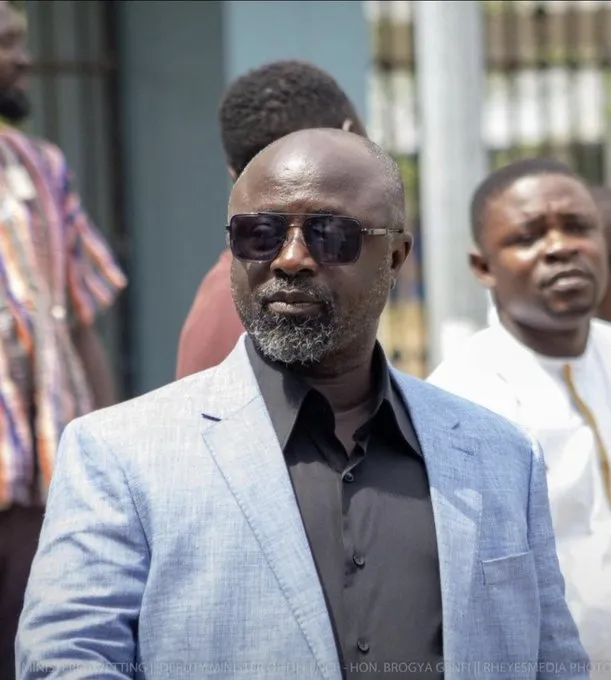BURKINA FASO PRESIDENT IBRAHIM TRAORÉ REJECTS IMF AND WORLD BANK LOANS, ADVOCATES FOR AFRICAN SELF-RELIANCE
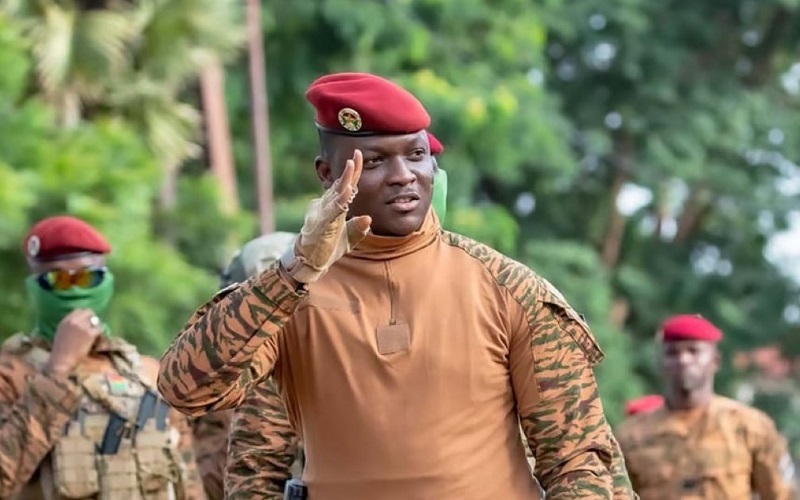
President Ibrahim Traoré of Burkina Faso has made headlines by firmly rejecting financial aid and loans from the International Monetary Fund (IMF) and the World Bank. Speaking at a regional economic forum, he emphasized the need for African nations to rely on their resources and break free from what he described as “financial slavery.”
“Africa doesn’t need the World Bank, IMF, Europe, or America. We have what it takes to grow our economy without loans and refuse to be financial slaves,” President Traoré stated in a fiery speech that resonated across the continent.
A Call for Economic Independence
Traoré’s remarks reflect a growing sentiment among some African leaders and policymakers who argue that loans from Western financial institutions often come with unfavorable conditions. These conditions, they claim, can stifle economic growth, erode sovereignty, and perpetuate dependency.
The president’s rejection of external loans comes as Burkina Faso navigates significant economic challenges, including political instability and a growing insurgency. Despite these hurdles, Traoré is doubling down on self-reliance, urging African nations to harness their natural and human resources to build sustainable economies.
Ghana’s IMF Backstory
Ghana’s economic journey provides a contrasting perspective to Traoré’s stance. Over the years, Ghana has relied heavily on financial assistance from institutions like the IMF to stabilize its economy. The most recent IMF bailout, approved in 2023, was a $3 billion loan package aimed at addressing severe fiscal challenges, including inflation, a depreciating currency, and a mounting debt crisis.
Ghana’s history with the IMF spans several decades, with numerous loan agreements to support economic restructuring and development. While these loans have helped the country avoid economic collapse during crises, they often come with stringent conditions. Critics argue that these measures—such as cutting subsidies, reducing public sector employment, and increasing taxes disproportionately affect vulnerable populations.
Africa’s Resource Paradox
President Traoré’s call for independence highlights a paradox that many African countries face: despite being richly endowed with natural resources, they remain heavily indebted to foreign institutions. Burkina Faso, like Ghana and other African nations, boasts significant mineral wealth, including gold and manganese. However, the benefits of these resources have often been undermined by poor governance, external exploitation, and global market fluctuations.
A Growing Divide
Traoré’s bold rejection of the IMF and World Bank signals a growing divide in economic philosophies across the continent. While countries like Ghana continue to work within the framework of international financial institutions, leaders like Traoré advocate for a complete departure from these systems.
The implications of Traoré’s stance remain to be seen, but it has sparked important conversations about Africa’s economic future. His vision of self-reliance challenges the status quo, urging African nations to rethink their relationship with global financial powers and chart a new course toward economic independence.
Source:NKONKONSA.com

